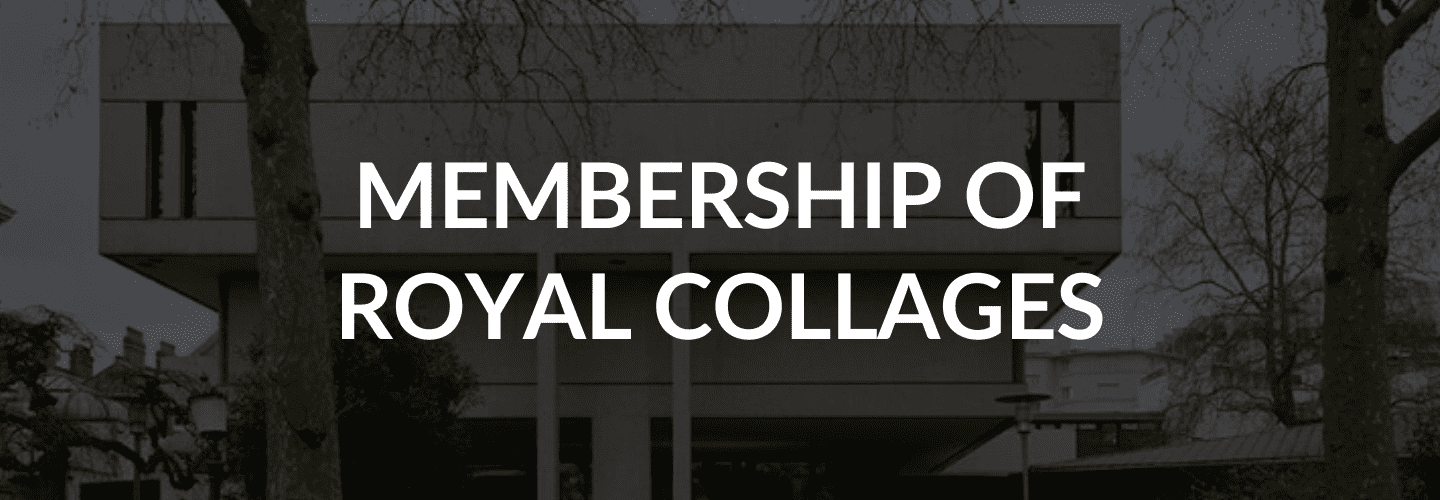
The Royal College of Physicians (RCP) is one of the leading medical organizations in the UK, and its Membership (MRCP) is a postgraduate qualification for doctors who wish to pursue a career in internal medicine. This qualification is an essential step for many physicians in the UK, and it is often required for doctors seeking to progress to specialist training in areas such as cardiology, respiratory medicine, or gastroenterology.
MRCP Examinations
The MRCP is made up of three parts:
The Membership of the Royal College of Surgeons (MRCS) is a postgraduate qualification for surgeons in training. It is a key requirement for those pursuing a surgical career in the UK. Achieving MRCS is an important milestone in the journey to becoming a fully qualified surgeon.
To be eligible for the MRCS exam, candidates must have completed their primary medical degree (MBBS or equivalent) and gained some clinical experience (typically 1-2 years after graduation). This clinical experience is generally obtained during the Foundation Year 1 (F1) and Foundation Year 2 (F2) training in hospitals.
The MRCS exam is made up of two components:
The Membership of the Royal College of General Practitioners (MRCGP) is a postgraduate qualification for doctors training to become general practitioners (GPs) in the UK. It is a vital step in a doctor’s career path toward becoming a fully certified GP. The MRCGP exam assesses the knowledge, skills, and competencies required for general practice.
To sit for the MRCGP exam, doctors must have completed their medical degree (MBBS or equivalent) and entered general practice training (GP training program). This typically follows after completion of foundation year training (F1 and F2).
The MRCGP exam is made up of several components:
The Membership of the Royal College of Obstetricians and Gynaecologists (MRCOG) is a postgraduate qualification for doctors who are training to specialize in obstetrics and gynaecology. It is a key qualification for those pursuing a career in women’s health, including pregnancy care, childbirth, and the management of gynecological conditions.
To be eligible for the MRCOG exam, candidates must have completed their medical degree (MBBS or equivalent) and be undergoing training in obstetrics and gynaecology. This typically follows after the completion of initial foundation training (F1 and F2) in medicine.
The MRCOG consists of three parts:
The Membership of the Royal College of Paediatrics and Child Health (MRCPCH) is a postgraduate qualification for doctors specializing in paediatrics. It is a key qualification for those pursuing a career in child health, including the diagnosis, treatment, and care of infants, children, and adolescents.
To sit for the MRCPCH exams, doctors must have completed their medical degree (MBBS or equivalent) and be pursuing a career in paediatrics. This typically follows after the completion of the initial foundation training (F1 and F2).
The MRCPCH exam consists of three parts:
The Membership of the Royal College of Psychiatrists (MRCPsych) is a postgraduate qualification for psychiatrists. It is awarded after passing a series of exams and completing the necessary training in psychiatry. MRCPsych is an essential qualification for those pursuing a career in mental health and psychiatry.
To sit for the MRCPsych exams, candidates must have completed their medical degree (MBBS or equivalent) and be undergoing training in psychiatry. This typically occurs after completing the initial foundation years (F1 and F2) and beginning specialized psychiatric training.
The MRCPsych exams consist of multiple components:
The Membership of the Royal College of Emergency Medicine (MRCEM) is a postgraduate qualification for doctors specializing in emergency medicine. It is an essential qualification for those pursuing a career in emergency care, providing doctors with the necessary knowledge and skills to manage emergency medical situations effectively.
To be eligible for the MRCEM exam, candidates must have completed their medical degree (MBBS or equivalent) and be undergoing specialist training in emergency medicine. This typically follows after completing the initial foundation years (F1 and F2) and beginning specialty training in emergency care.
The MRCEM exam consists of multiple components:
Start planning your study abroad journey and get your queries sorted by interacting with our counsellors.
Copyright © 2022 ISM EDUTECH PVT LTD. All rights reserved




Feel free to reach out to our friendly team for any queries you may have. We’re here to assist and guide you every step of the way!




Feel free to reach out to our friendly team for any queries you may have. We’re here to assist and guide you every step of the way!